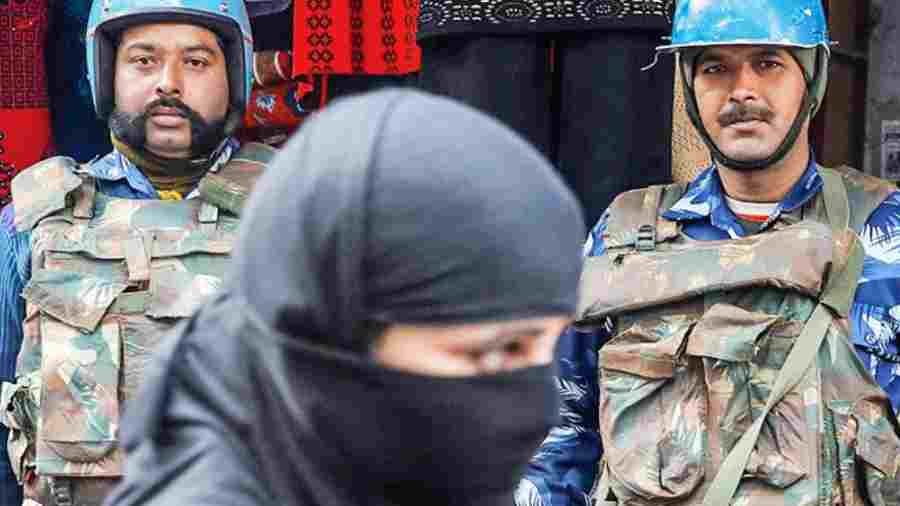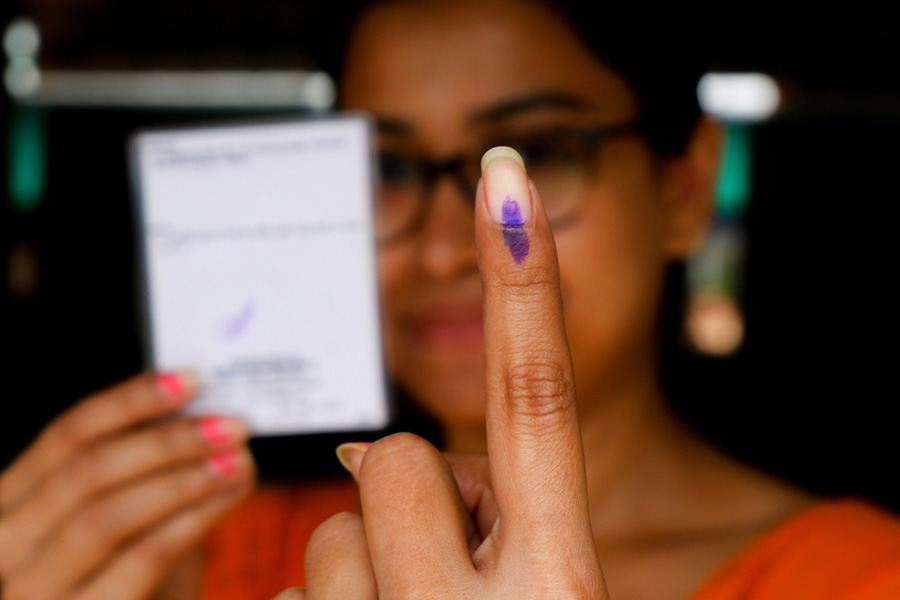This article expounds primarily on the lived experiences of Muslims in a specific location in Delhi. The lives of Muslims and their deteriorating mental health on account of persistent targeting have been documented through the ethnographic method. Using Jamia Nagar in south Delhi as a spatial site, this article tries to examine the impact of segregation on the mental health of Muslims.
Jamia Nagar is a prominent spatially segregated Muslim settlement. Muslims prefer living in this area due to the discrimination they face in other localities, safety issues, better affordability and a sense of Muslim mahol (milieu). In his book, An Ordinary Man’s Guide to Radicalism, Neyaz Farooquee mentions that “log Dilli aate hai, Musalman Jamia aata hai.” Despite a controversial encounter — the Batla House encounter in 2008 — this area remains the go-to place for a significant proportion of Muslim migrants.
The narratives of Mansoor (name changed) dwell upon the rise of reticent behaviour and pessimism among Muslims. He described the mental harassment that his friend, Abid, experienced at his workplace and its consequences on his livelihood and well-being. “A day after the encounter, as Abid entered his office, his non-Muslim friends asked, ‘Pata chala hai ki tum log atankwadi banate ho Jamia main’.” Abid eventually left the job because of the constant humiliation that led to a deterioration in his mental health.
Muslims are also forced to shift home. Amir recounted how, after his marriage, he was forced to move to Jamia Nagar from Saket, a posh but Hindu-dominated neighbourhood. No one abused him verbally or physically. But a group of youths passing communally-charged comments outside his house made him shift from the locality. “Though we were young, the thought that we are not in the right place began to haunt our minds,” he said.
The respondents confided that spatial segregation into Muslim-dominated areas does not save them from daily mental harassment. Residents from Jamia Nagar are often targeted on account of their spatial and religious identity-based affiliations resulting in the shaming of the community.
Even children face communal taunts and bullying by peers in schools in other localities that scar their minds. Their struggle to educate themselves in such a noxious environment adversely affects their reformative progression and mental development.
Amina’s narrative provides glimpses of how Muslim students are policed and their food habits are often frowned upon. Her 10-yearold son likes biryani. On one occasion, he had taken it to school in his lunchbox. His teacher summoned Amina and asked her not to pack non-vegetarian food. This included a subtle threat from the teacher that he would complain to the school principal if such a diet was found the next time. When she refused to pack biryani, her son said to his father, “Papa ye log khate nahi aur hume bhi nahi khane dete.” These aforementioned incidents of diktats and punishment impair the holistic development of a child. It has manifestly been reported in Nazia Erum’s book, Mothering a Muslim, how Muslim children suffer from traumatic experiences owing to hatred and communal remarks at schools and in playgrounds across the country, particularly in Delhi.
Jamia Nagar is not the only example of communal politics and discriminatory attitudes against Muslims but it represents a larger, accurate picture of Muslim-segregated settlements. Embedded violence forces Muslims to gravitate towards many such Muslim ghettos, severely affecting their mental health.
Istikhar Ali is a DAAD fellow at the Centre of Modern Indian Studies, Universität Göttingen, Germany. Mahbubul Amin Mazumdar is student at CeMIS, University of Göttingen











